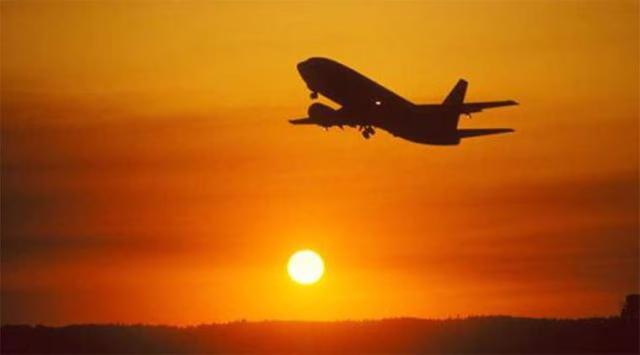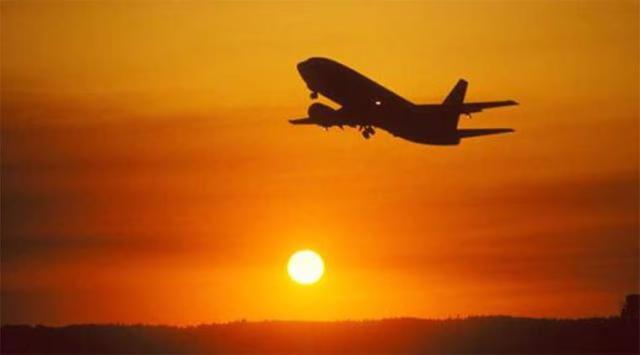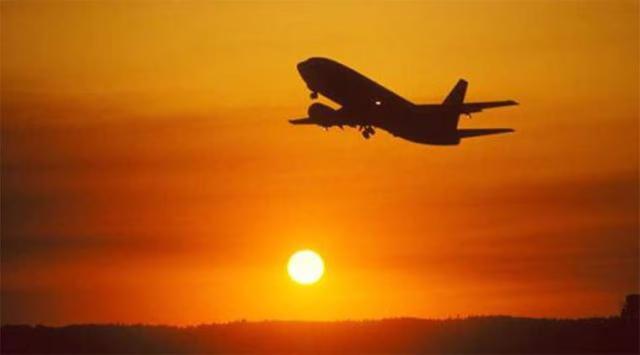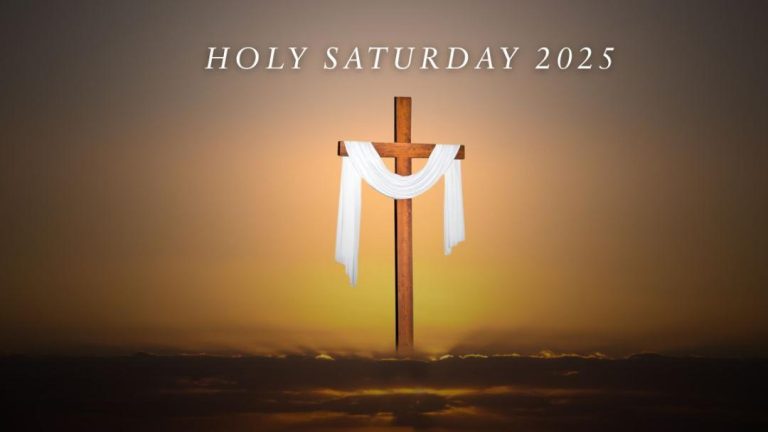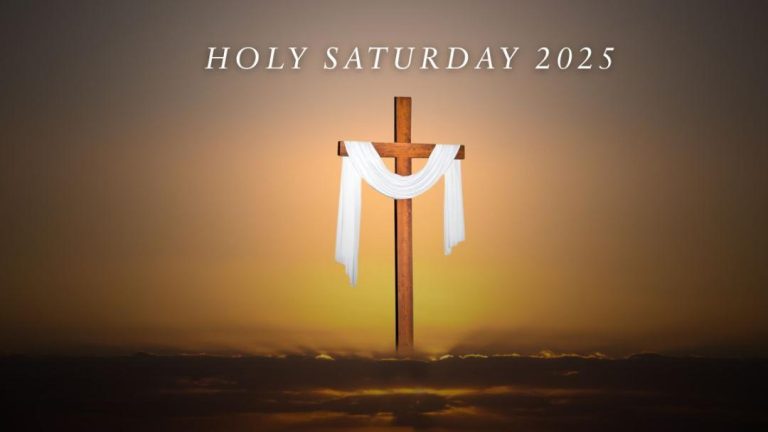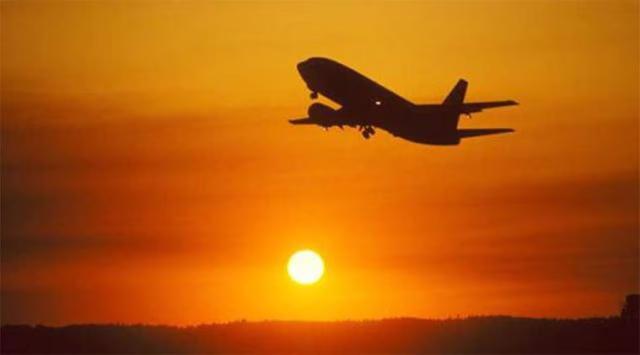
Class 12 Physics & Math Requirement for Becoming Commercial Pilot Might be Scrapped: Report
In a significant move that could open up new opportunities for students from diverse academic backgrounds, the Directorate General of Civil Aviation (DGCA) is planning to scrap the current rule that requires students to have studied Physics and Math in Class 12 to be eligible for commercial pilot licence training. This move comes as a welcome relief for many students who have been barred from pursuing a career in commercial aviation due to their non-science background.
As per the current rules, commercial pilot training in India has been restricted to Science and Math students since the mid-1990s. This means that students who have pursued arts, commerce, or humanities in Class 12 have been unable to pursue a career in commercial aviation, despite their enthusiasm and aptitude for flying. However, the DGCA’s proposed move could change this scenario, making it possible for students from diverse backgrounds to take up commercial pilot training.
The decision to scrap the Physics and Math requirement is reportedly being considered in response to growing demands from students and industry experts. Many have argued that the current rule is archaic and does not take into account the rapidly changing nature of the aviation industry. With the introduction of advanced technology and automation, the skills required to fly an aircraft have evolved, making it possible for students from non-science backgrounds to learn and master the necessary skills.
The DGCA’s proposal is also seen as a step towards increasing diversity in the aviation industry. Currently, the industry is dominated by students from science and math backgrounds, which can lead to a lack of diverse perspectives and approaches. By opening up commercial pilot training to students from arts, commerce, and humanities backgrounds, the DGCA is hoping to bring in fresh perspectives and ideas, which can ultimately lead to improved safety, efficiency, and customer service.
The proposal is also expected to have a positive impact on the aviation industry’s recruitment and retention strategies. With a more diverse pool of candidates, airlines may be able to attract and retain top talent from a wider range of backgrounds, leading to a more competitive and efficient industry.
While the proposal is still in its early stages, it is likely to face some resistance from existing pilots and aviation professionals who may feel threatened by the change. However, the DGCA is expected to engage with stakeholders and conduct extensive consultations to ensure that the proposed change is implemented in a way that benefits the industry as a whole.
The proposed change is also likely to have a significant impact on the education sector. With the Physics and Math requirement being scrapped, educational institutions may need to adapt their curricula to ensure that students from diverse backgrounds are adequately prepared for commercial pilot training. This could lead to the development of new courses and programs that focus on aviation-related skills and knowledge, rather than just science and math.
In conclusion, the proposed change to scrap the Physics and Math requirement for commercial pilot training is a significant development that could open up new opportunities for students from diverse academic backgrounds. The move is expected to increase diversity in the aviation industry, bring in fresh perspectives and ideas, and improve safety, efficiency, and customer service. While it may face some resistance, the DGCA’s proposal is a step in the right direction towards creating a more inclusive and competitive aviation industry.
